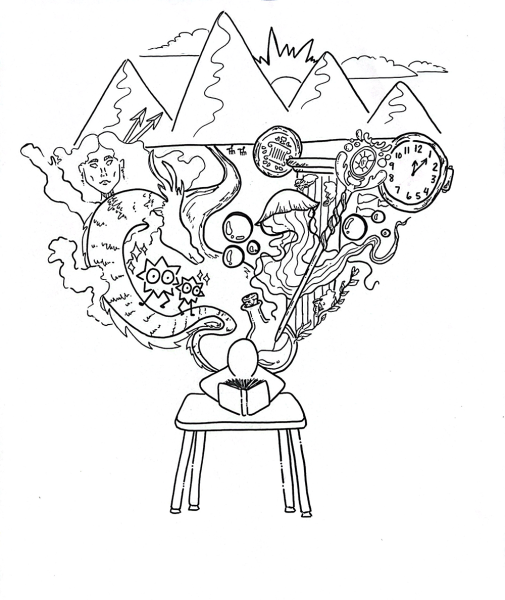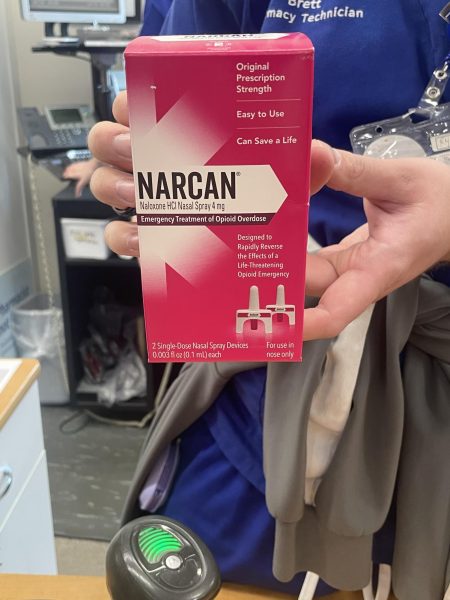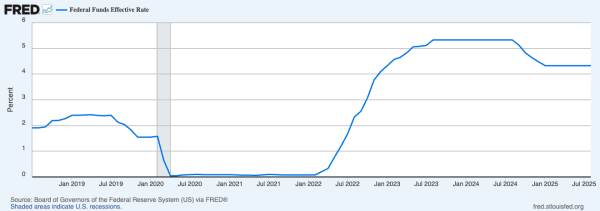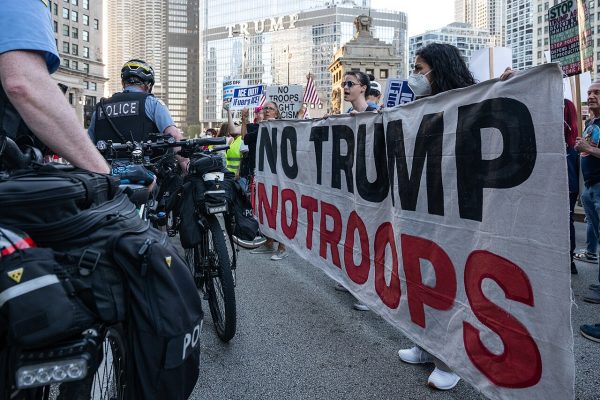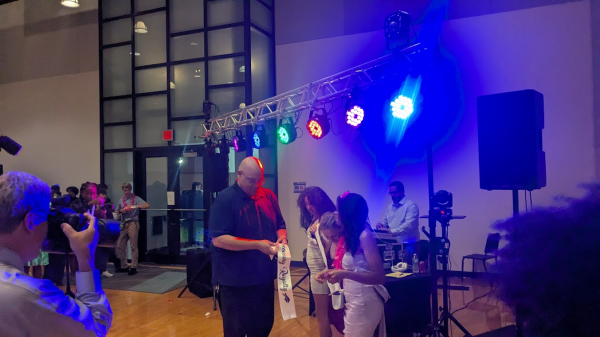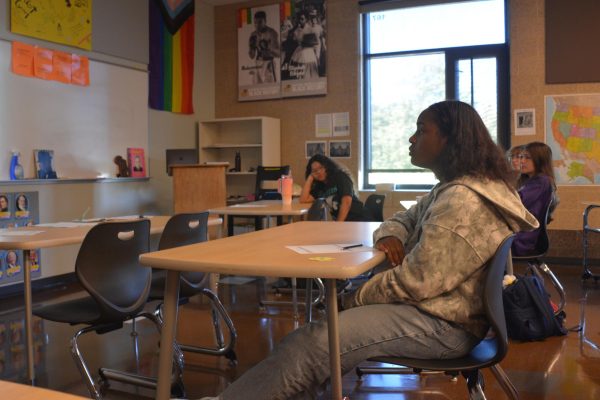This Christmas, Ask Santa For a Safe Flight
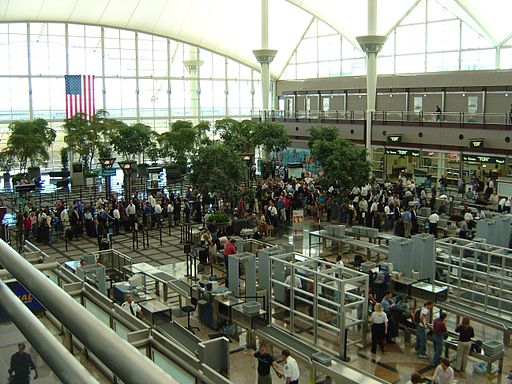
Image Source: Kit Hodsden via Wikimedia Commons.
TSA (Transportation Security Administration) security lines have become the most miserable part of airplane travel.
You enter the maze of black guiding tape, and you find yourself sandwiched between a businessman who won’t move up even though there is practically a yard of space because he’s glued to his smartphone and a family of eight behind you of whom every member is crying.
Every. Single. One.
However, there is a way to bypass this ritual. If the almighty TSA puts a “TSA pre-check” on your boarding pass, you get to skip the line.
Of course, even these lucky few have to face the foreboding agent who looks down her nose at your ticket and ID with a look of disapproval for all your life choices.
Once you get to the agent, she scribbles on your boarding pass, and you ignore how that frowning and displeased face makes the guard look exactly like your mother. (Or maybe that’s just me, but nevermind…)
You take off your shoes and put all your luggage into bins and onto the conveyor belt. You assume that they are scanning carefully for explosives, scissors, and hand cream that is more than 3.4 ounces. Or, as it in my case, an entire bottle of sunscreen that I totally forgot was in my carry-on.
Yet reports are now coming in that this is not true. According to ABC News, who first broke the story in June, the TSA has failed 95 percent of the time to prevent a potential explosive from getting through the machine. These tests were conducted by Homeland Security agents who posed as passengers and learned very quickly that they didn’t have to try that hard.
The article goes on to say that in one of the 70 tests that took place, a fake passenger set off the magnetometer, the big metal detector that you have to walk through, and the TSA agent still failed to find the fake explosive that was taped to his back during the pat down.
George Leef, a contributor for Forbes Magazine, examined the economics of the TSA in an op/ed published last year. He asked a valid question: “Keeping dangerous people off airplanes is unquestionably important, but is it wise to entrust this to a federal bureaucracy?”
But in our country, there is no other way we could do it. For the most part, Americans respect federal agents in uniform. If there was not even a semblance of a federal presence at the airport, who knows what could happen?
But on the other hand, this agency is not efficient.
In the same article, Leef details how in 2011 the TSA spent nearly $1 billion dollars on implementing the then cutting edge technology of the Rapiscan Secure 1000. This was the machine that was going to make all other airport security machines obsolete because it simply took an X-Ray of your entire body.
Yet, in this academic study presented at a security conference in 2014, anyone who knew a little bit about the machine could get past it by hiding the contraband in a unique place, obstructing the scanner’s view with more fabric, or shaping it the right way. Not only is this scan very invasive, but it is extremely expensive and ineffective.
According to Time Magazine, the TSA has spent more than $2 billion to improve screening. How is it possible that a government agency can spend such copious amounts of money on our nation’s security and still fail to make a foolproof system?
In light of the proliferation of guns and the mass shootings that happen on a weekly basis in this country, the TSA’s job has become a lot harder. In the investigation of the radical Islamist perpetrators of the San Bernardino shooting, the FBI found an armory of weapons in the suspects’ basement, including dozens of pipe bombs and thousands of rounds of ammunition.
However, the stereotype of “all Muslims are terrorists” has got to stop. The people who want to inflict mass terror upon us will do so not matter what religion they subscribe to. Radical Islamists represent a fringe minority of Islam, just like the KKK and Westboro Baptist Church represent a fringe minority of Christianity.
Why do we still have the TSA?
It may be true that the TSA’s mere presence at the airport does deter many people from even trying to bring something they should not onto a plane. However, if someone really wants to do something bad, recent reporting has shown that the TSA serves more as a security blanket than as a truly effective system of prevention. Ultimately, the TSA satisfies our need to feel that someone is looking after us.
This holiday season, when you finally get to put your shoes back on and your electronics back in your carry on, be aware that the lines of defense are not as secure as they seem.

Senior Dalia Zullig had been the Online Editor-in-Chief for three years and is now the Editor-in-Chief. She enjoys writing features the most and runs...



